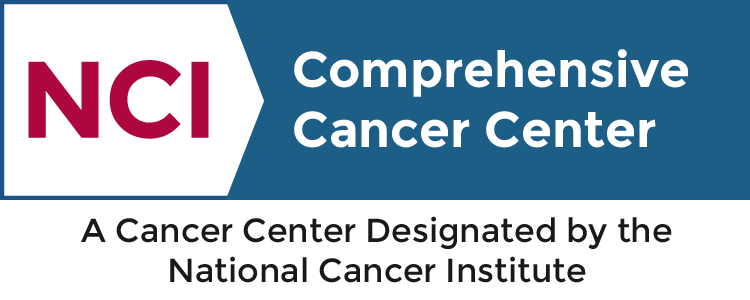Immunotherapy provides a promising treatment approach for various cancers. For instance, immune checkpoint inhibitors enable the immune system to ‘see’ and attack the tumors. However, immunotherapies are often ineffective in pancreatic cancer as these tumors can shield themselves from immune cells. One approach to overcome immunotherapy resistance is to use the innate immunity to unavoidably expose cancer cells to immune system. Double-stranded RNAs (dsRNAs) are very effective in triggering the cell’s defense immunity. The ADAR1 enzyme processes dsRNAs to avoid inappropriate activation of the immune system against the “self.” However, cancer cells typically exploit such pathways to become invisible to immune cells by overexpressing ADAR1. Through this study, supported by the SCI Pancreatic Cancer Innovation award, Drs. Attardi and Li will investigate a strategy that inhibits ADAR1 and subsequently liberates dsRNAs in pancreatic cancer cells to activate the immune responses. To that end, they developed a mouse model to investigate the mechanistic details of whether silencing ADAR1 can ‘prime’ tumor cells to immunotherapies via innate immunity. This work will reveal how the presence of dsRNAs affects the tumor immune response and whether inhibition of ADAR1 is a feasible therapeutic option for pancreatic cancer treatment.
Research
Funding Opportunities
SCI Innovation Awardee
March 2023 - SCI Pancreatic Cancer Innovation award


